

Damion Smy
Trump repeals EPA greenhouse gas finding, easing US emissions regulations
17 Minutes Ago

Publisher
Nissan has continued to invest heavily into its Sunderland factory in the UK as it ramps up to begin production of the all-new Leaf electric vehicle, as well as next-generation and fully-electrified versions of the Juke and Qashqai SUVs.
The substantial investment of £3 billion ($5.8bn) in the facility comes at a time when Nissan has doubled down on its commitment to electric vehicles (EVs), as part of a broader initiative it calls EV360 (pronounced EV three six zero) that will see the brand launch 16 new electrified vehicles by March 2027.
Of those, eight will be fully electrified, four will be e-Power hybrids and four will be plug-in hybrid (shared with Renault-Nissan-Mitsubishi Alliance).
Nissan will also introduce 14 new internal combustion engine vehicles globally in the same time frame.
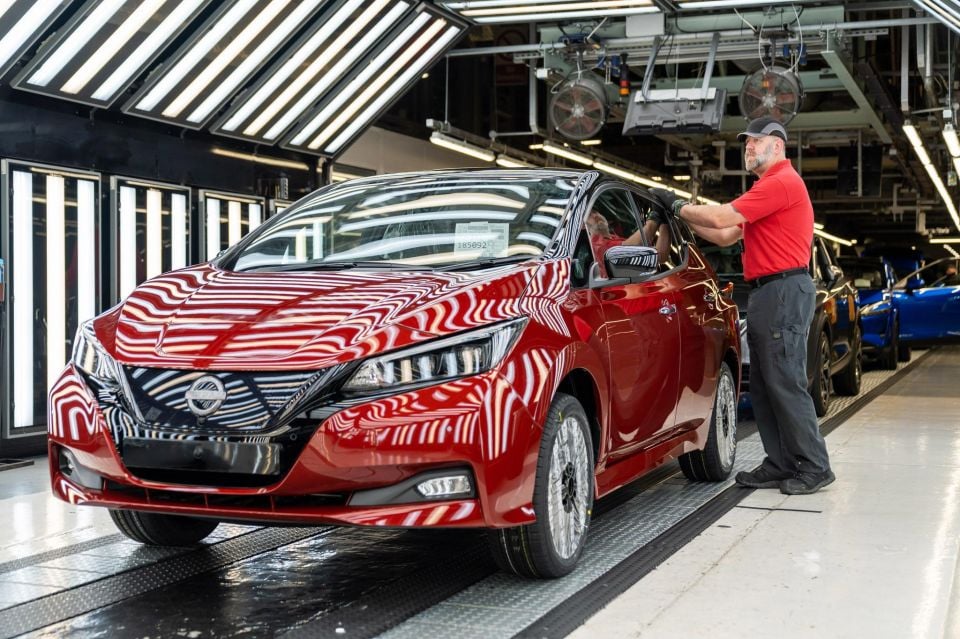
The multi-billion dollar investments will see three gigafactories producing electric vehicle batteries (which will begin shifting to solid state by 2028) and components and have the capacity to have both EV and internal-combustion engine (ICE) vehicles being built on the same line.
Nissan’s investment in Sunderland will be followed by modernisation schemes in its US and Japanese facilities, as it seeks to bring economies of scale and find cost parity for its EVs to be the same price as its ICE models by 2030.
By the end of this decade, the brand says it will only bring to market electric cars for European and other mature markets.
This is unlikely to be the case for Australia, given the next-generation Nissan Navara will be a joint venture with Mitsubishi’s Triton and offered as a standard ICE and a plug-in hybrid, with a fully electrified model remaining on the cards.
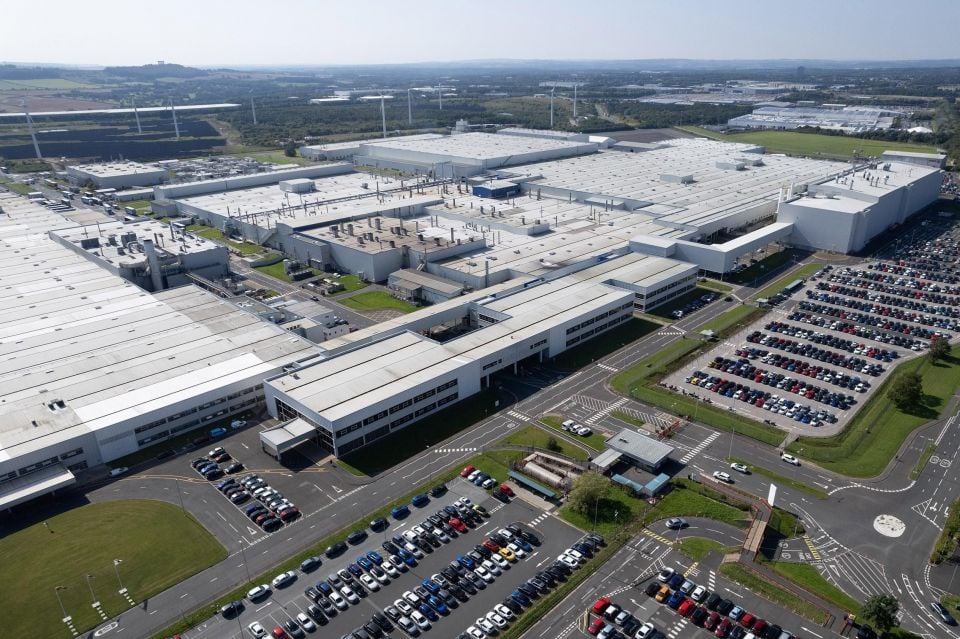
For the immediate future, the updated Nissan Qashqai and Juke (both of which arrive in Australia later this year) have benefited greatly from the vast investment into the Sunderland plant, which the carmaker claims boasts some of the lowest tolerances and highest quality check standards in all of Europe.
As an example, the absolute majority of Qashqai production is entirely robotic, including the paint shop. This has improved the plant’s efficiency and defects per 100 vehicles well below previous-generations.
The Sunderland plant has been a stable in Nissan’s manufacturing arm since 1986 and it currently employs more than 6000 people as well as support an additional 30,000 job as part of the supply chain.
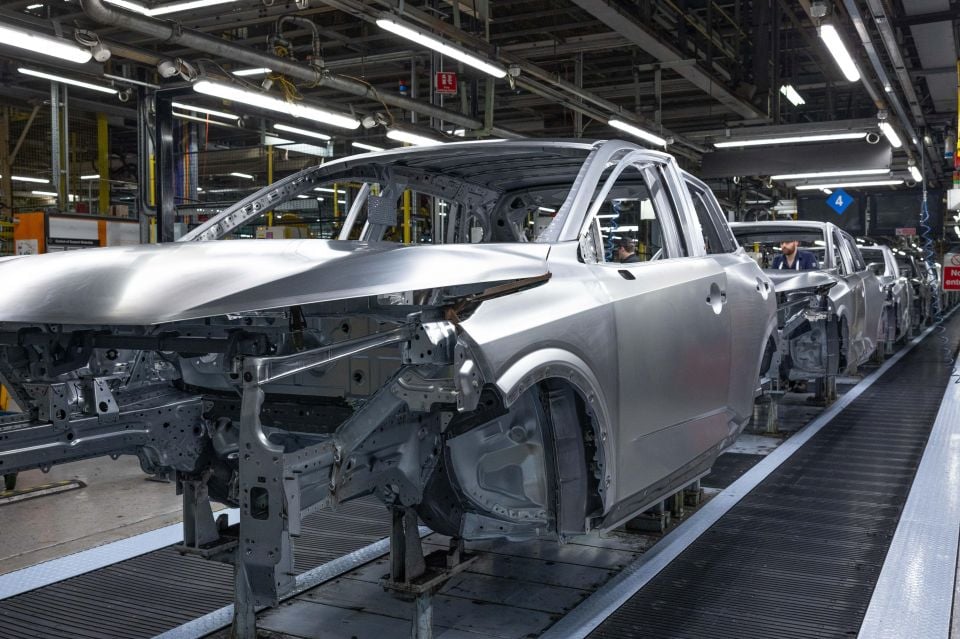
Nissan says its Europe’s most efficient and productive plant, having built 11 million cars by 2023. Nissan Australia imports the Juke, Qashqai and, before production ended, the Leaf electric hatchback from the Sunderland plant.
For the recently updated Qashqai, the Sunderland plant can start from sheets of aluminium and other raw materials to a fully assembled and painted SUV in just 14 hours.
Since Qashqai production started in 2006, there has been a new unit rolling out the facility every 140 seconds. Parts of the plant operate 24 hours a day, Monday to Friday.
To date an approximate 4.4 million Qashqais, 1.4 million Jukes and 282,000 Leafs have been built in Sunderland, with Nissan having invested almost $12 billion AUD in the facility since its inception.
MORE: Everything Nissan
Go deeper on the cars in our Showroom, compare your options, or see what a great deal looks like with help from our New Car Specialists.
Alborz Fallah is a CarExpert co-founder and industry leader shaping digital automotive media with a unique mix of tech and car expertise.


Damion Smy
17 Minutes Ago
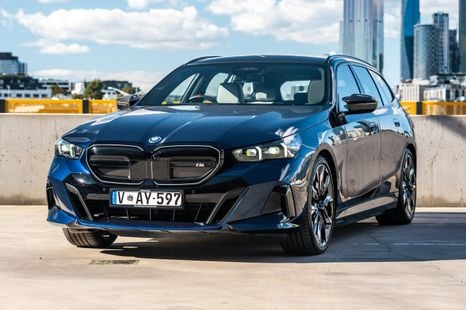

Damion Smy
6 Hours Ago
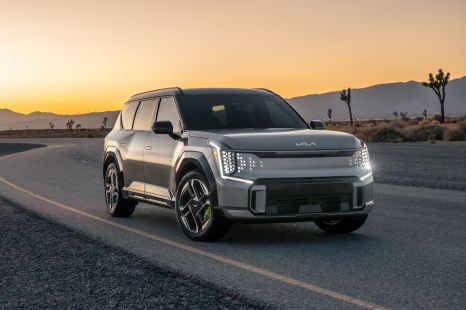

William Stopford
14 Hours Ago
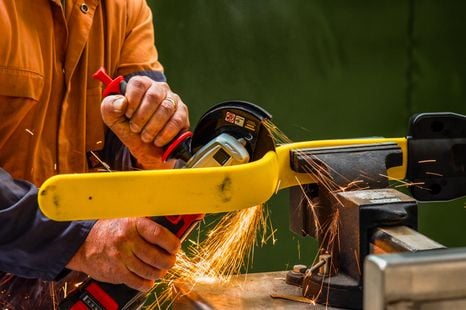

Paul Maric
15 Hours Ago
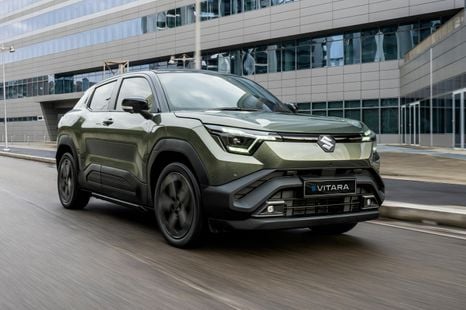

Damion Smy
15 Hours Ago
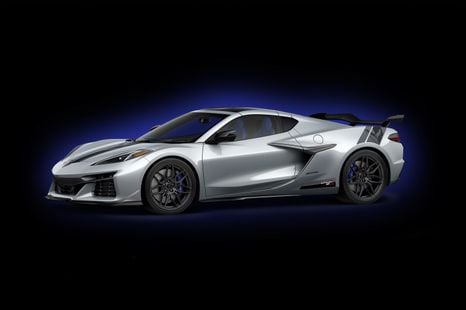

Damion Smy
17 Hours Ago
Add CarExpert as a Preferred Source on Google so your search results prioritise writing by actual experts, not AI.